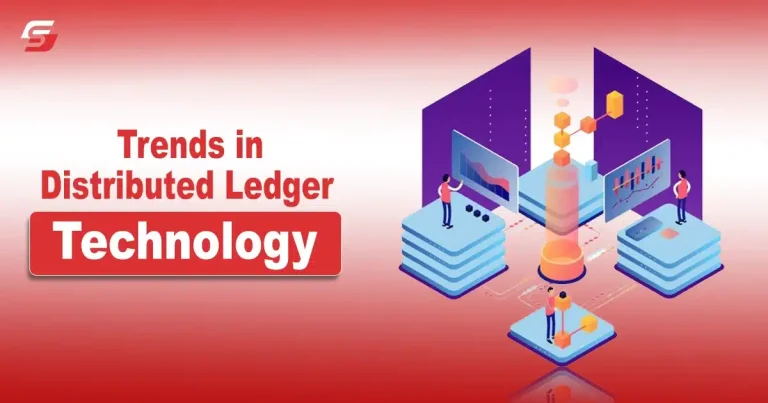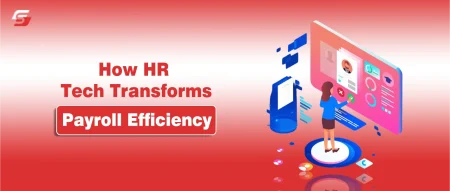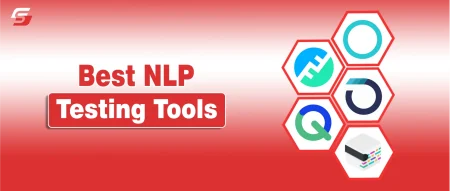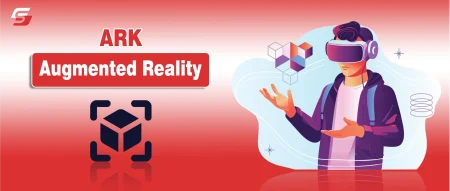Distributed ledger technology (DLT) continues to shape various industries that offer transformative potential beyond cryptocurrencies like Bitcoin. In recent years, several key trends have emerged, indicating the evolving landscape of DLT.
One prominent trend is the integration of DLT with Internet of Things (IoT) devices which enable secure and transparent data sharing across interconnected networks.
There’s a notable shift towards hybrid DLT solutions, combining public and private blockchains to leverage both transparency and control. Moreover, advancements in scalability and interoperability are also improving DLT’s applicability in sectors such as finance, supply chain management, and healthcare.
Here, You will get know to about emerging trends in distributed ledger technology.
What is Distributed Ledger Technology?
Distributor Ledger Technology is a decentralized database system that features a complete network of nodes. Hence, it can record, synchronize, and share transactions across multiple locations. Owing to these features, the DLT is quite safe and secure.
Also, the elimination of intermediaries’ requirements ensures trust and transparency in the data transfer. Moreover, the procedures are extremely efficient and reduce costs to a greater extent. The incorporation of DLT in various industries has opened new possibilities for success and created new opportunities for collaboration and innovation.
Top 10 Trends in Distributed Ledger Technology
DLT features a complex network of nodes that ensures transparency and security. Over the years, the DLT has been integrated into numerous sectors, including finance, supply chain, and healthcare. These integrations have improved the operations in every sector.
Here is a list of top trends in distributed ledger technology:
Trends in Distributed Ledger Technology
1. Interoperability
2. Decentralized Finance (DeFi)
3. Scalability Solutions
4. Non-Fungible Tokens (NFTs)
5. Integration of Multi-Party Computation
6. Sustainability and Energy Efficiency
7. Central Bank Digital Currencies (CBDCs)
8. Governance and DAOs
9. Supply Chain Management
10. Regenerative Finance and Social Impact
1 – Interoperability
Interoperability is one of the biggest focuses of the Distribute Ledger Technology, which is expected to be improved further in the coming years. The number of blockchain networks is continuously increasing.
Therefore, it is necessary that they can communicate with each other speedily and share the data. Interoperability will cover the gap between different sharing channels and ensure seamless interaction. Ultimately, it will improve the overall efficiency and flexibility of the DLT ecosystem.
2 – Decentralized Finance (DeFi)
Decentralized Finance, shortly famous for DeFi, offers decentralized methods to traditional banking services and methods. In the world of DLT, it is gaining significant importance as it can revolutionize lending, borrowing, trading, and asset management quite easily and conveniently.
DeFi platforms are highly function and don’t require any intermediate channel to process the transactions. Hence, it can improve the user experience by providing them with greater financial autonomy and accessibility.
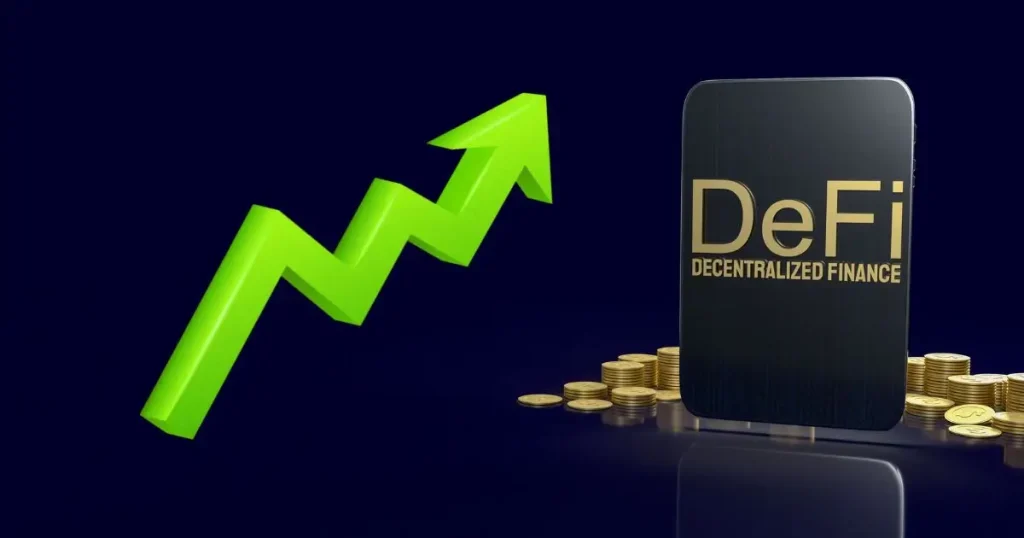
3 – Scalability Solutions
Scalability is not only important in marketing and business activities but also in distributed ledger technology. The integration of scalable solutions can help in dealing with the challenges of increasing the adoption and volume of cryptocurrencies like Bitcoin and Ethereum.
Layer 2 solutions, such as the Lightning Network, can overcome the congestion in the transactions. Hence, they can ensure the stability and decentralized nature of the DLT.
4 – Non-Fungible Tokens (NFTs)
Non-fungible tokens are also getting into the trend as they ensure the tokenization of different digital assets such as art, collectibles, and virtual real estate. NFTs are indivisible, and they are totally of the opposite nature as possessed by cryptocurrencies, which are highly fungible and interchangeable.
One of the major reasons NFTs get into the league of distributed ledger technology is that they can go beyond the gaming and art industries.
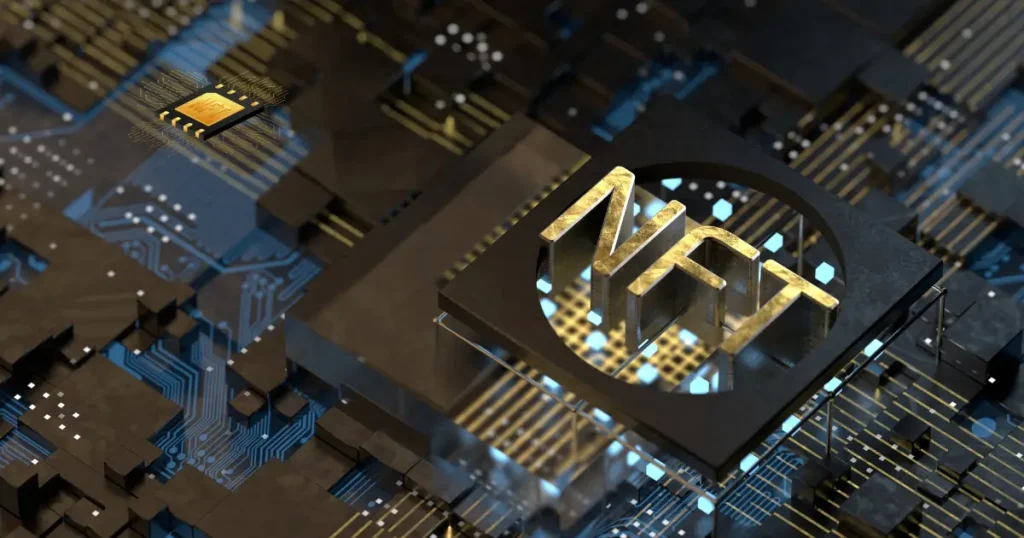
5 – Integration of Multi-Party Computation
Privacy and confidentiality are always the top requirements and considerations in blockchain technology. The primary reason is that sensitive data is involved in this procedure. Different processes that can enhance privacy have made their way into the market.
Cryptographic techniques like zero-knowledge proofs and multi-party computation are now implemented, which can help users perform easy transactions without compromising sensitive information. Ultimately, it helps in following the regulatory compliances that ensure trust and understanding.
6- Sustainability and Energy Efficiency
Blockchain is an important component of the distributed ledger technology. However, it is posing serious impacts on the environment. Therefore, global organizations are emphasizing sustainable and energy-efficient solutions to limit the impacts of blockchain.
Many initiatives have been taken which are providing enormous outcomes to the users. Moreover, the Crypto Climate Accord is promoting sustainability practices that can be associated with blockchain operations.
5 – Central Bank Digital Currencies (CBDCs)
Central Bank Digital Currencies (CBDCs) are another emerging trend in distributed ledger technology. It helps in the digitalization of fiat currencies that can ensure quick and cost-effective transactions.
Also, it holds the potential to maintain the regulatory oversights and follow the privacy controls. While China has already adopted the CBDC trend and launched the initiative named Digital Currency Electronic Payment (DCEP), other countries are following ways to have their hands on it.
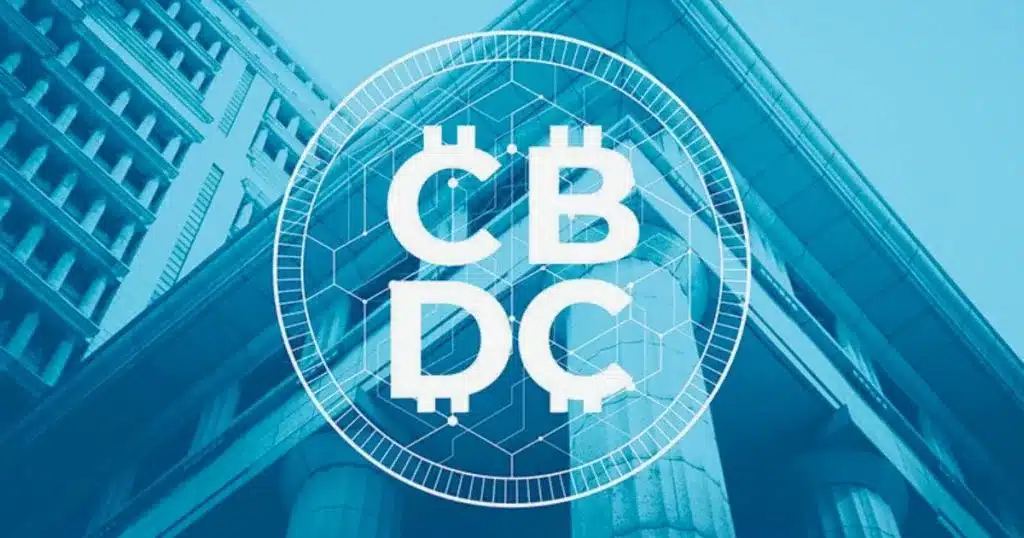
8 – Governance and DAOs
Decentralized Autonomous Organizations (DAOs) represent a comprehensive revolution in organizational governance. Hence, it has enabled collective decision-making and resource allocation.
DAOs are powered by smart contracts on blockchain networks. This allows participants to vote on proposals and manage their funds. However, certain challenges, such as governance scalability, security vulnerabilities, and regulatory compliance, are there. They must be treated effectively to guarantee easy accessibility of DAOs across the globe.
9 – Supply Chain Management
Blockchain technology is getting significant attention because it can ensure transparency and efficiency, which makes it more convenient to manage the supply chain management.
By recording transactions and tracking assets, blockchain offers complete security across complex supply chain networks. Owing to such gigantic perks, companies, including the likes of food, pharmaceuticals, and healthcare, are adopting it. In this way, they can optimize the inventory management and reduce the delays.
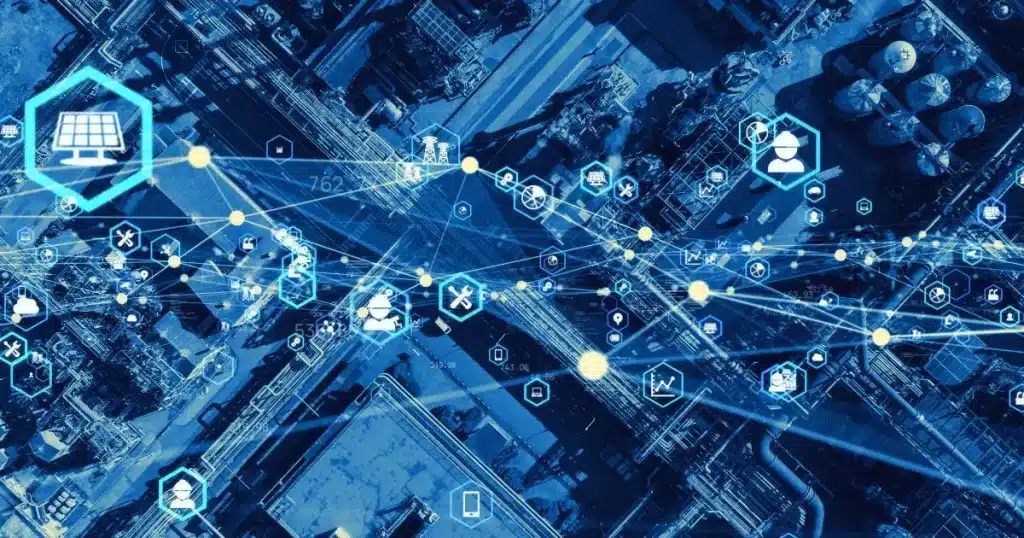
10 – Regenerative Finance and Social Impact
Regenerative finance is the best way to align financial processes with social and environmental impacts. Hence, it ensures sustainability and equal distribution of the assets. You can leverages the decentralized power of blockchain to make online payments really quickly and perform their essential tasks.
In this way, they can overcome the global challenges. Through ReFi, investors can support initiatives that address climate change, promote community-led development, and contribute to sustainable economic growth.
Winding Up
Distributed Ledger Technology holds the potential to transform traditional works into highly efficient activities to deliver exceptional perks to different industries. Moreover, the new trends are going to modify the horizon of this technology, which can result in incredible improvements in its functioning.
The integration of scalability solutions, DeFi, asset tokenization, and CBDCs is going to revolutionize the operational capabilities of DLT, making it more beneficial and helpful for the industry. Also, they can open up the doors of innovation and collaboration that can significantly enhance the impact of the decentralized economy of the future.




